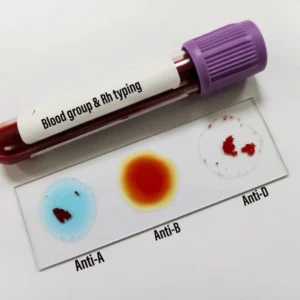Here are some short descriptions for the Phosphorus Urine Random test, focusing on its significance, testing methodology, and clinical implications:
Phosphorus Urine Random
- Definition: The Phosphorus Urine Random test measures the concentration of phosphorus in a single, randomly collected urine sample. Phosphorus is a vital mineral important for bone health, energy metabolism, and various cellular functions.
- Testing Methodology: For this test, a healthcare provider collects a random urine sample at any time of day, without the need for a 24-hour collection. The sample is then analyzed in a laboratory to quantify the phosphorus concentration, typically expressed in milligrams per deciliter (mg/dL).
- Clinical Significance: The Phosphorus Urine Random test is useful for assessing kidney function and evaluating phosphorus metabolism. Abnormal phosphorus levels can indicate a range of conditions, including kidney disease, hormonal imbalances, or dietary deficiencies.
- Risk Assessment: Monitoring phosphorus levels in urine can help assess the risk of bone disorders, especially in patients with chronic kidney disease or metabolic bone diseases. It can also guide dietary recommendations and treatment plans.
- Guidelines for Interpretation: Normal phosphorus levels in urine can vary based on dietary intake and individual factors. Elevated or decreased levels in a random urine sample may prompt further investigation, including serum phosphorus testing and clinical evaluation.
- Follow-Up and Management: If the phosphorus concentration in the urine is abnormal, healthcare providers may recommend further testing to identify the underlying cause. Management may include dietary changes, medication adjustments, or monitoring of kidney function to ensure proper phosphorus balance and overall health.












Reviews
There are no reviews yet.